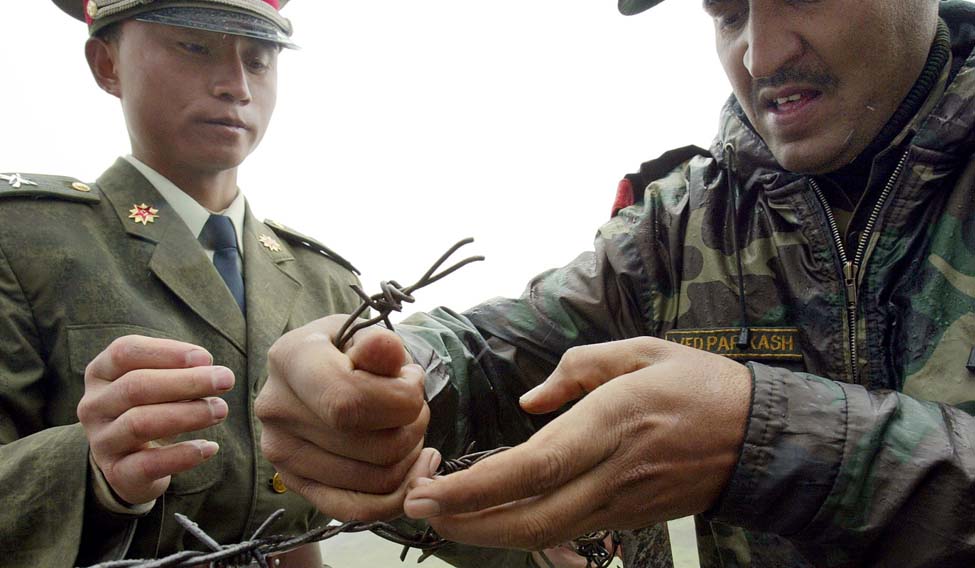One day after India and China publicly annouced a de-escalation in the Doklam standoff, the ministry of external affairs (MEA) confirmed that Prime Minister Narendra Modi will visit China and Myanmar from September 3 to 7.
The BRICS summit is being held at Xiamen in China's Fujian province from September 3 to 5. It was crucial for both sides to resolve the standoff before the summit, as Modi's attendance was under a cloud. China, as the host, would not want the meet to be derailed.
Although both countries had signalled that diplomatic relations would continue throughout the two-month long standoff, the belligerence at the tri-junction of India, Bhutan and China had the potential to snowball into something far more dangerous. An important factor that helped reach a peaceful resolution was the Astana Consensus, credited to India's Foreign Secretary S. Jaishankar. It called for both countries to stop their differences from escalating into disputes. The consensus was crafted days before Doklam became big news, when Modi met his counterpart, Xi Jinping, at Astana in June for the Shanghai Cooperation Organisation (SCO) meet. It was India's debut appearance at this club outing. Was it premonition?
At that time, China was not too happy with India having abstained from attending the One Belt One Road (OBOR) meet it had hosted. China was also not happy with India having allowed the Dalai Lama to visit Arunachal Pradesh. But the Astana consensus was tested when the standoff began. India's external affairs ministry repeatedly invoked it everytime China or the Chinese media made a particularly proactive statement on the subject.
Modi and Xi met each other again in Hamburg in July for the G20 summit. They also met for a quick BRICS huddle on the sidelines of the summit. Modi made it clear then that India stood by its commitment to BRICS. However, the meetings did not result in any positive movement towards resolving the standoff. It took another month and a half of hectic diplomatic parleying before the situation diffused and the enviroment became conducive enough for Modi to announce his visit.





